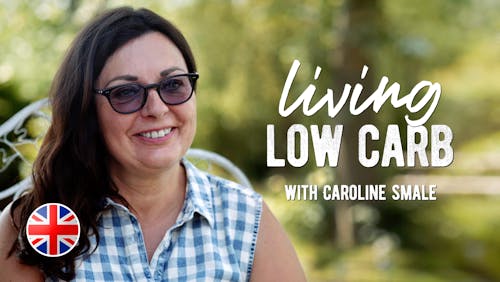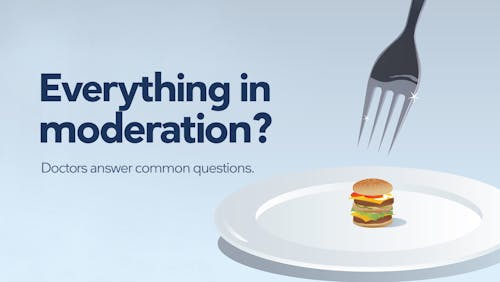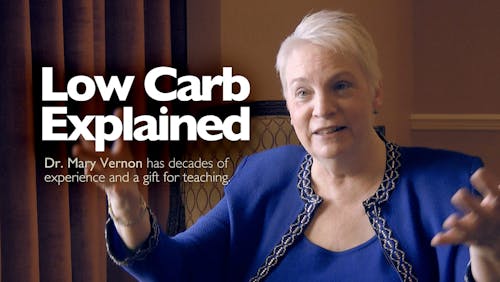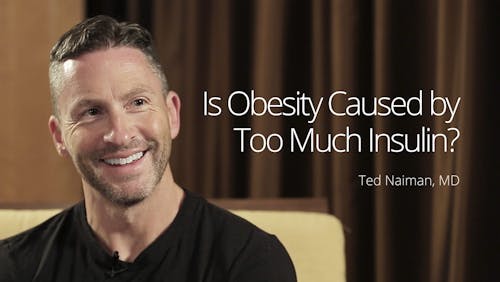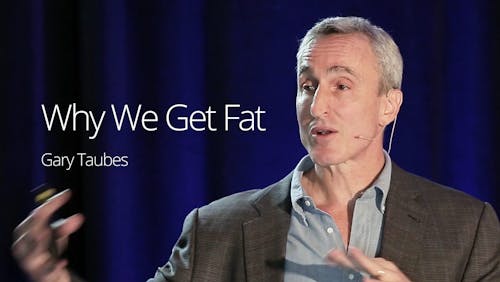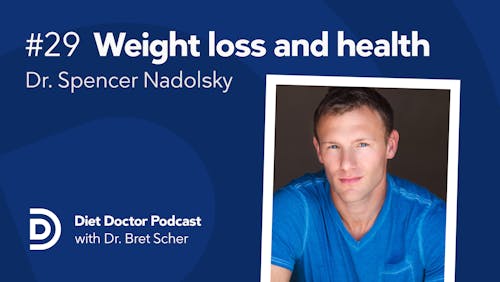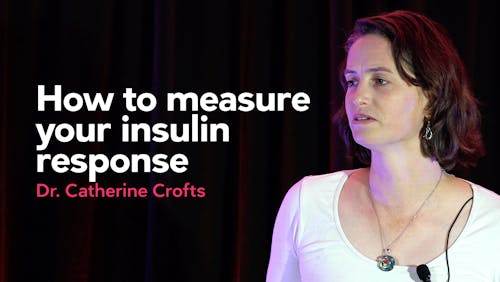New study: Isn’t low carb superior for weight loss?

Another study is out in the endless fight between low-carb and low-fat diets for weight loss. First some quick background: The total standing so far, according to the Public Health Collaboration’s overview of studies, is at 29 victories for low carb (meaning a statistically significantly larger weight loss).1
The number of victories for low fat? A big fat zero.
However, there are also 28 studies that show no statistically significant differences between the study groups, meaning they are draws.
The big picture is thus 29 wins for low carb, (the same) 29 losses for low fat, and then a big bunch of draws.
However, when the media reports on a new study they are not too interested in painting the full picture. That’s boring and the full picture does not change with every new study. No, the media always wants something new, exciting and worthy of a click. So they tend to mostly ignore what came before.
This allows them to report something exciting and new every time. In the case of low-carb vs. low fat diets, this can sometimes translate to 50% of headlines saying ”Low carb is superior for weight loss” and 50% of the headlines saying ”Low carb is NOT superior for weight loss” (i.e. it was a draw).
Notice what is missing? The ”low fat is superior for weight loss” study result. It has never happened, and likely it never will. Low-fat diets have been a failure forever.
The current Stanford study
The new study from Stanford and Professor Christopher Gardner, out yesterday, is pretty interesting. It’s part of the media’s second category (”low carb is not superior”) even though it ended with a non-significant advantage for the low carb group (6 kg lost vs. 5.3 kg):2
- Mail Online: Low-carb diets are NOT better than low-fat for losing weight, Stanford study declares
- The Telegraph: Low-carb diets ‘no better’ than traditional focus on fat
- NYT: The Key to Weight Loss Is Diet Quality, Not Quantity, a New Study Finds
The study was 12 months long and tested a ”healthy” low-fat diet vs. a ”healthy” low-carb diet. So what is ”healthy”? It turns out both groups were advised to avoid sugar and refined carbohydrates! How’s that for progress! We’ve come a long way.
Unfortunately this (healthy) piece of advice ended up making the differences between the study groups fairly modest. In fact, the low-fat diet group ended up eating fewer carbs too (compared to before), significantly less sugar and a lowered glycemic load.3
The low-carb group was initially, for the first 8 weeks, targeting below 20 grams of carbs per day (usually highly effective). However, after that limited period participants were then asked to just keep the carbs as low as they felt was easy to do. This resulted in the group reported eating 100 grams of carbs per day at 3 months, and at the end of the study they were on average eating 130 grams of carbs per day. Pretty far from a keto diet, and thus the results do not say much, if anything, about the long-term weight effects of a stricter low-carb diet.
Here’s the data for carb intakes in the low-fat (left) and low-carb (right) groups. Notice that the low-fat group is reducing their carb intake too, and the “low-carb” group ends up with a barely-low average carb intake of 130 grams per day.
Anyway, the bottom line is that the groups both got some good advice: avoid sugar, avoid refined carbs (like flour), avoid processed foods, eat plenty of vegetables and focus on whole foods. It’s also notable that the final results (-6 kg for low carb and -5.3 for low fat) is a pretty good 12-month average, compared to other weight loss studies.
Note that the average includes everyone, whether they managed to follow the advice or not, so the results for people who did everything perfectly according to instructions were likely much higher on average.
If I’m allowed to speculate, the reason that we did not see any major additional benefit from low carb in this study is that the groups ended up so similar when it came to bad carbs. The low fat group ended up eating fewer carbs too (!) and significantly less sugar, while the low-carb group ended with a somewhat weak low-carb diet, reporting 130 grams of carbs per day.
Insulin levels and gene tests
The study also aimed to see if they could predict who would do best on low carb or low fat by testing their insulin levels and gene profile before the start of the study.
The result, somewhat disappointingly, was no. There was no clear difference in results, based on these measurements. This negative result may have been influenced by the fact that the diets in the two groups ended up relatively similar. But it’s still a blow to the idea that it’s possible to predict who’ll do best on a specific diet based on blood tests or genes.
What happened at 3 and 6 months?
In other studies comparing low carb and low fat, the largest differences (pretty much always favoring low carb) can be seen early in the study, during the first 6 months, while the participants eat the fewest carbs. As more people return to their regular diets over time (very human) the differences usually shrink and we often end up with a non-significant result.
In this study, too, participants in the low-carb group ate a bit fewer carbs in the beginning, at 3 and 6 months, and more over time.
According to the study they also measured all factors (presumably including weight) at 3,6 and 12 months. However they only report the weight at 12 months.
I find this curious. Why not report 3 and 6 month results on weight, if they measured them? Likely, based on earlier studies, the advantage for low carb would have been more noticeable at those times. But we don’t know, because the study authors apparently decided to not disclose those numbers. Too bad, I’m quite curious at what they showed.
Addition: These weight measurements are actually available in the online supplementary material, outside of the main published study. eTable 1 (below) shows that the advantage for low carb was slightly bigger at 3 months (6.9 kilos lost vs. 5.8 in low-fat group) and at 6 months (9.1 kg lost vs. 7.5 kilos in the low-fat group). The advantages for low carb at 3 and 6 months appear to be close to statistically significant:
Note above that the average total weight lost after 12 months in the finishing part of the low-carb group is 7.6 kilos4, compared to 6 as reported in the main study publication. This later number includes dropouts.5
Putting it all together
On the whole, this study adds to the 57 earlier studies (RCTs) comparing low carb and low fat for weight loss.
From a standing of 29 wins for low carb, zero for low fat and 28 draws, we now have 29 wins for low carb and 29 draws. The wins for low fat stay at zero.
This study adds, however, that a low-fat diet can work pretty well too, as long as you avoid added sugar, refined carbs and processed foods while instead focussing on vegetables and whole foods. That’s probably good advice, no matter what diet you’re on.
Finally, there is some progress going on in the diet debate, as Gary Taubes pointed out on Twitter:
The debate used to be whether low-carb diets were deadly. Now it's whether low-fat diets are as good as low carb (at least, when both are restricted in sugar and high GI grains). That's progress. https://t.co/LZfpQjbn1s
— gary taubes (@garytaubes) February 20, 2018
More
Low carb basics
Insulin
More
Why carbs and exercise are not the answers to reverse type 2 diabetes
Randomized controlled trials. ↩
13.2 pounds vs. 11.7 pounds. ↩
Total carbs multiplied by the glycemic index (how quickly carbs raise blood sugar) ↩
17 pounds ↩
The latter number includes people who stopped participating in the study. The study then uses their weight from earlier, before they dropped out, for the final calculation. In some cases from before the study even started if they dropped out early, lowering the average of the whole group. This is another way that the result of studies can underestimate the effect of a dietary intervention. ↩











